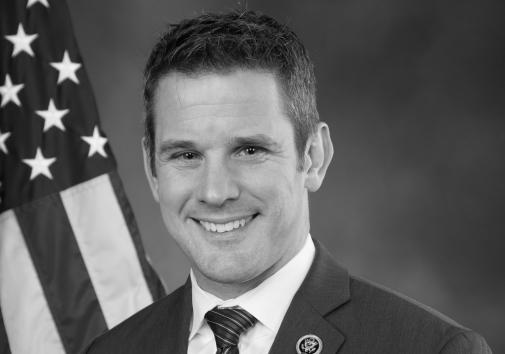June 27, 2017 After the ISIS Flag Falls: The Future of Mosul and Iraq
Co-hosted by the United States Institute of Peace
Tuesday, Jun 27, 2017
1:00 p.m. - 2:30 p.m.
The Heritage Foundation
Followed by Comments from


and a Panel Discussion with
Host
Description
After eight months of fighting for Mosul, Iraqi troops are closing in on the last of ISIS’s forces in the city. The government’s recovery of the main ISIS stronghold in Iraq will open a new phase in the country’s struggle for stability. Iraq must resolve longstanding domestic conflicts that contributed to ISIS’ rise in the first place and avert new cycles of vengeance arising from the terrorists’ brutal, three-year reign in Iraq’s northwest.
Stabilizing Iraq is vital to sustaining the gains of the campaign against ISIS. It has grown more urgent as the involvement of Iran and Turkey risk internationalizing and escalating some of Iraq’s domestic conflicts. These violent, destabilizing contests involve Kurds and Arabs, Sunnis and Shia, or multiple minority groups.
Largely unnoticed amid recent years’ headlines is that Iraqis in several cases have peacefully ended or averted local, factional wars. The most enduring local peace accord is marking its 10th anniversary this summer. In 2007, troops of the U.S. Army’s 10th Mountain Division worked with local Iraqis, the U.S. Institute of Peace and other partners in Iraq’s “Triangle of Death” to end local sectarian warfare that had led to the deaths of dozens of U.S. soldiers. The Mahmoudiya agreement offered lessons that were applied subsequently in other local peace accords. As Iraq enters a new phase, expanding similar stabilization efforts, particularly in liberated areas, is critical to sustaining the defeat of ISIS and to bolstering the security of Iraq and the region.
ISSUE BRIEF 11 min read
COMMENTARY 4 min read
COMMENTARY 5 min read

